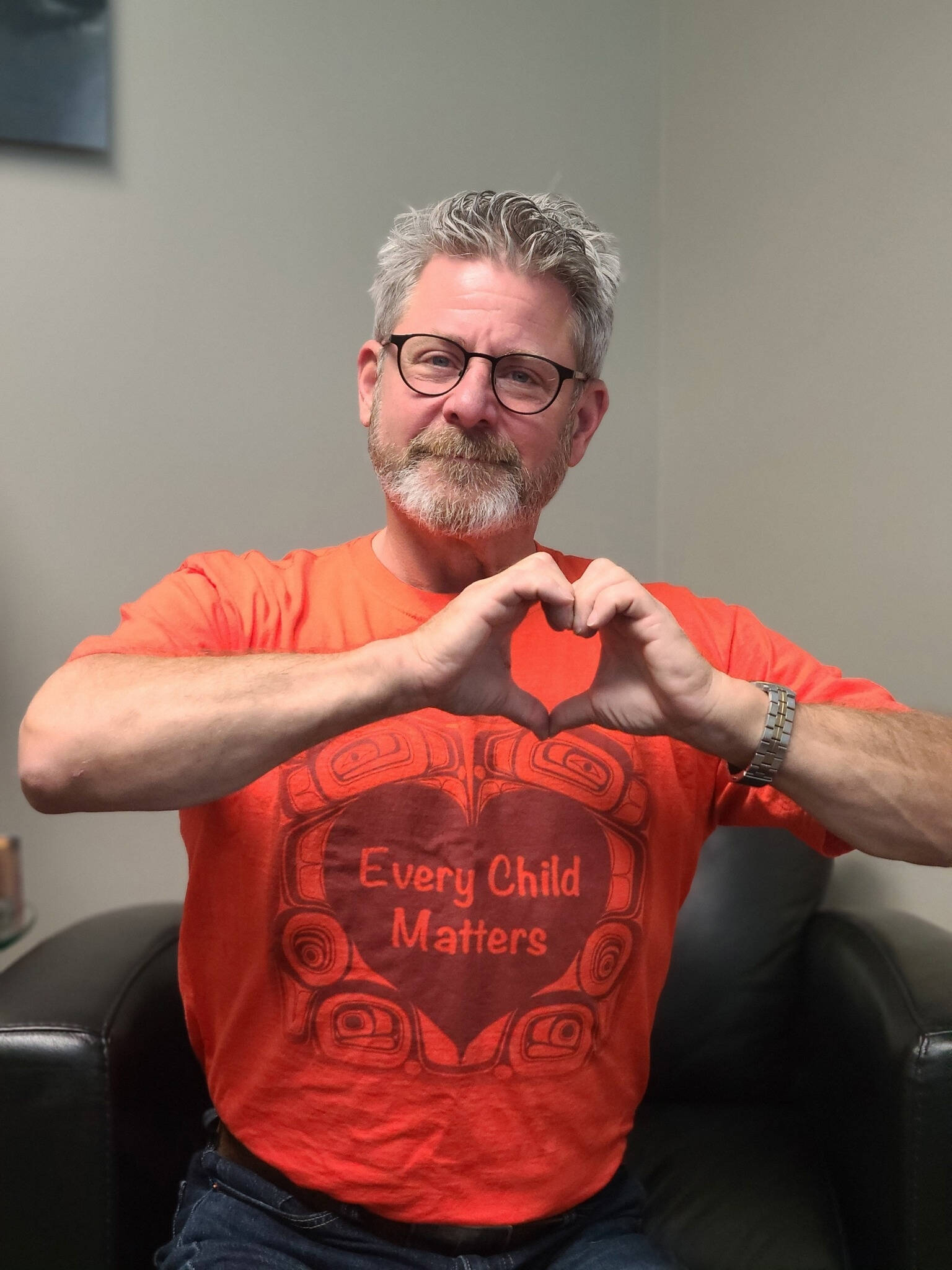The National Day for Truth and Reconciliation turned into a social media bickering match between some B.C. politicians, including Abbotsford South MLA Bruce Banman.
It started when John Rustad, leader of the B.C. Conservative Party, sent out a message on X, formerly known as Twitter, acknowledging the day and adding “today, we remember what happens when the Canadian government thinks it’s better at raising children than parents. I will always stand with parents.”
That raised eyebrows among other politicians and Indigenous leaders, including South Surrey BC United MLA Elenore Sturko. She called for him to make an “unequivocal apology” for that statement, and then for calling homosexuality a “lifestyle” in an interview with media.
“Rustad’s attempt to liken the cultural genocide of Indigenous people with arrests of LGBT people – as a means of justifying his political dog whistling – is incredibly insulting to Indigenous people & to members of the LGBT community,” Sturko said.
Banman reposted Sturko’s comments on X, supporting Rustad and slamming BC United. Banman was elected under the B.C. Liberal banner in 2020, and left the party (now BC United) just a few weeks ago to join Rustad’s BC Conservative Party.
“This sort of hypersensitive, woke, far-left cancel culture; waiting to pounce and demand apologies over the slightest oversight of speech or tone is why I and others are leaving the BCU in droves,” he wrote. “Elenore, your party is done — and everybody knows it.”
This sort of hypersensitive, woke, far-left cancel culture; waiting to pounce and demand apologies over the slightest oversight of speech or tone is why I and others are leaving the BCU in droves.
Elenore, your party is done — and everybody knows it. #bcpoli https://t.co/40n5goPvKX— Bruce Banman (@BruceBanman) October 2, 2023
In an interview this week with Black Press Media, Rustad stood by his comments.
“What I’m saying is that parents’ rights, when taken away, often end in very unpleasant situations,” he said.
Rustad is the MLA for Nechako Lakes and a former Minister of Aboriginal Relations and Reconciliation, and was first elected in 2005 under the B.C. Liberal party banner, now called BC United. The party ousted Rustad in August 2022 after he denied the role carbon dioxide has in climate change.
Rustad said Monday he isn’t so much trying to compare the outcomes of residential schools and certain educational tools, but the fact that both, in his opinion, don’t allow parents full control over how their children are raised.
While Banman showed support for Rustad’s post on X, he posted a statement for the National Day for Truth and Reconciliation on his official MLA Facebook page.
He called it a day to “solemnly reflect upon our shared history and reaffirm our commitment to the path of healing, reconciliation, and unity.
“This day is a profound and important step forward in acknowledging the painful legacy of the residential school system and the enduring impact it has had on Indigenous communities. It is a day to listen, learn, and reflect, as we strive to build a more inclusive and just society.”
He said he stands in solidarity with Indigenous peoples and that “we must continue to work together to address the painful truths of the past, support survivors and their families, and ensure that every child in this province grows up in a world free from discrimination and injustice.”
“Let us use this day as a catalyst for change, a day to deepen our understanding of Indigenous cultures and histories, and a day to renew our commitment to reconciliation. It is a journey that requires all of us, as individuals and as a society, to actively participate,” he said.
The post was accompanied by a photo of Banman in an orange shirt, with his hands held in the shape of a heart.
Marilyn Slett, chief councillor of the Heiltsuk Tribal Council and secretary-treasurer of the Union of B.C. Indian Chiefs, said the National Day for Truth and Reconciliation is intended to remember the children who never returned from residential schools and honour those who survived.
“It is also a day to think about the racism and oppression that Indigenous peoples still face across Canada. It is not a day to be co-opted by rhetoric that would seek to further divide us,” she said in a statement to Black Press Media.
An estimated 150,000 First Nations, Métis and Inuit children were placed in residential schools, in a move from government and churches to assimilate Indigenous people into Canadian society and abolish their culture.
While there, many Indigenous children endured emotional, physical and sexual abuse, the intergenerational impacts of which continue today. At least 4,118 children died there, according to the National Centre for Truth and Reconciliation.
-with files by Jane Skrypnek, Black Press Media
READ MORE: B.C. Conservative leader compares gender education to residential schools

